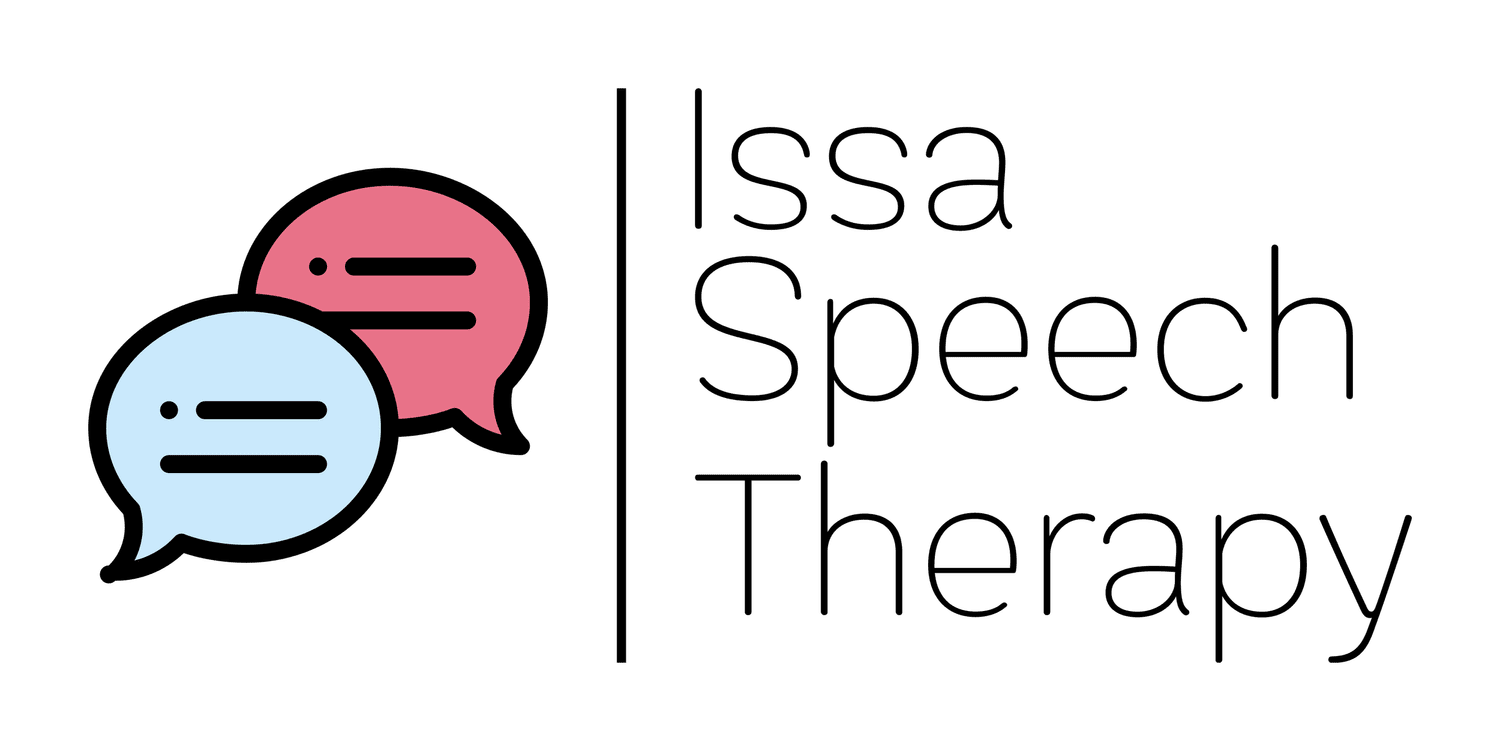
Speech and Language Milestones for 2-Year-Olds
Here are the Speech and Language Milestones for 2-year-olds, based on the American Speech-Language-Hearing Association (ASHA)'s guidelines:

At 24 months (2 years):
Vocabulary: Uses and understands around 200 to 300 words.
Word Combinations: Begins combining words into short phrases, such as "Mommy go" or "More juice."
Speech Intelligibility: Becomes increasingly intelligible to both familiar and unfamiliar listeners.
Early Grammar: Begins to use basic grammar rules, such as using plurals (e.g., "dogs") and present tense verbs (e.g., "running").
At 25-26 months:
Expanding Vocabulary: Continues to add new words to their vocabulary, acquiring around 50 words every 3 months.
Sentence Length: Uses 3-4 word sentences to express thoughts and needs.
Pronouns: Begins to use pronouns like "I," "you," and "me" correctly.

At 27-28 months:
Verb Tense: Begins to use past tense verbs (e.g., "jumped") more consistently.
Questions: Starts asking simple questions using question words like "what" and "where."
Prepositions: Understands and uses basic prepositions like "in," "on," and "under."
At 29-30 months:
Grammar Development: Begins using more complex sentence structures, including sentences with multiple verbs (e.g., "I want to eat cookies").
Conversational Skills: Engages in basic conversations, taking turns and responding appropriately to questions.
Nonverbal Communication: Uses gestures and body language to enhance communication, such as pointing, nodding, or shaking the head.

How do you know if your 2-year-old needs speech therapy?
Understanding whether a 2-year-old may benefit from speech therapy requires careful observation and consideration of their communication skills. Here are some signs to look out for:
Limited Vocabulary: If your child has a very limited vocabulary and is using fewer than 50 words by 24 months, or if their vocabulary isn't growing steadily, it may be a sign to consult a speech-language pathologist.
Difficulty Combining Words: By the age of 2, most children should be combining words into simple phrases or sentences. If your child is consistently struggling to do so or relying on single words to communicate, it could be an indication that speech therapy would be beneficial.
Unintelligible Speech: While it's common for young children to have some difficulty with speech clarity, a 2-year-old should be understood by familiar listeners at least 50% of the time. If your child's speech is consistently unclear or difficult to understand for both familiar and unfamiliar listeners, it may be worth seeking professional guidance.
Lack of Nonverbal Communication: Nonverbal communication, such as pointing, gesturing, or using eye contact, plays a crucial role in early communication. If your child is not using nonverbal cues to express their needs or share information, it could be a red flag for further evaluation.
Limited Social Interaction: Difficulty engaging in basic conversations, taking turns, or responding to simple questions may suggest a need for speech therapy. Communication skills are closely tied to social interaction, and early intervention can help facilitate better communication and social development.
It's important to remember that every child develops at their own pace, and one or two isolated signs may not necessarily indicate a need for therapy. However, if you notice several of these signs consistently or have concerns about your child's speech and language development, please contact us here.
Early intervention is key to promoting optimal communication skills, and at Issa Speech Therapy we can assess your child's abilities, provide guidance, and determine if speech therapy would be beneficial.
Questions before getting started?

